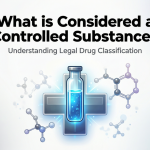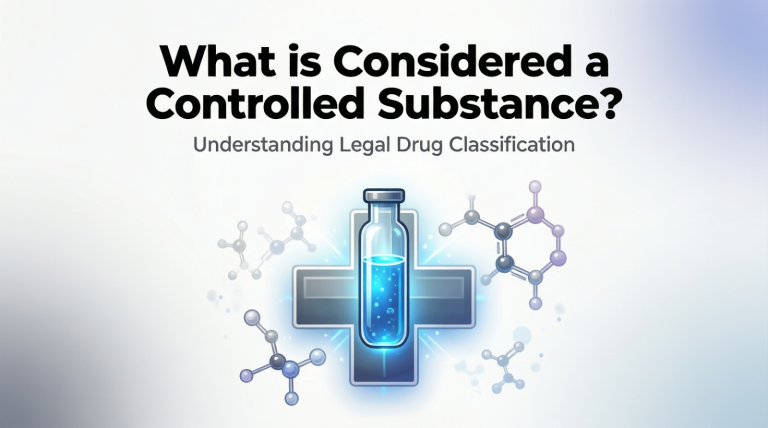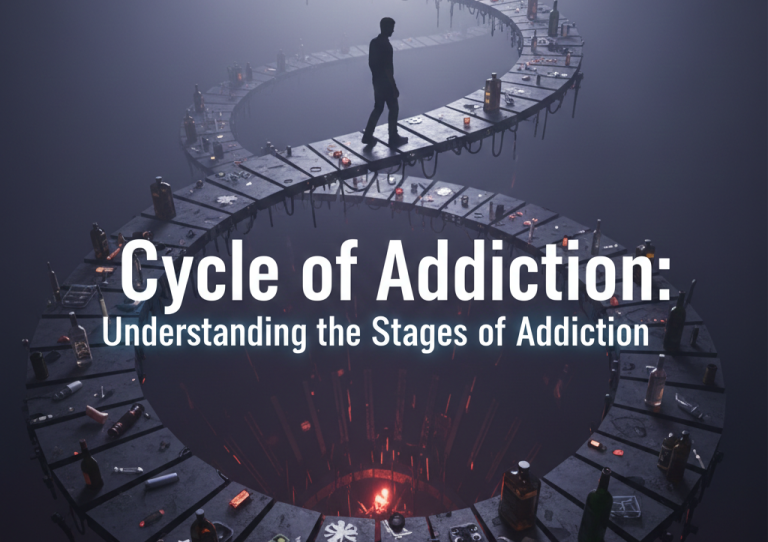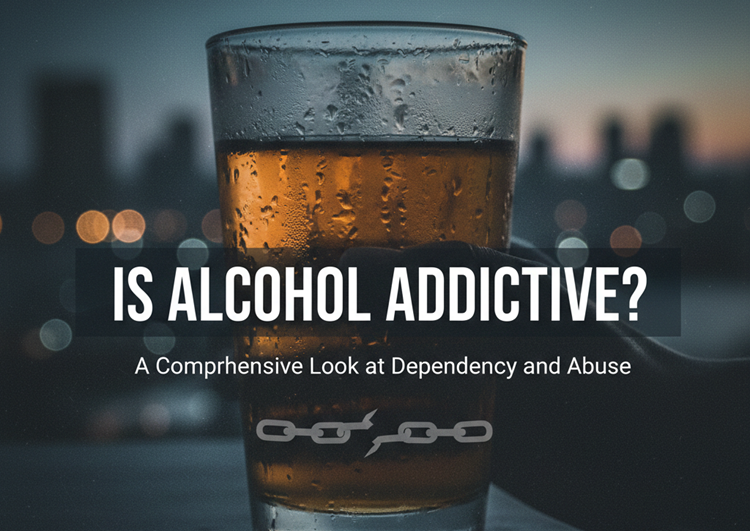Detoxification is the initial and generally most important stage of treating the addiction problem. Detoxification is used to cleanse the body of unwanted drugs or alcohol. However, alcohol detox and drug detox differ. Each has its risks and symptoms and medical care at stake.
Here, in this blog, we will break down the fundamental differences between alcohol detox and drug detox, so you have a better idea of what to expect and how to reach out for the right treatment.
What is Detox?
Detox is a short version of detoxification, which is the process of purging substances in the body after constant use. It is usually the first step in the process of addiction treatment, commonly with medical supervision to handle withdrawal symptoms and lower risks of complications.
Both alcohol and drug detox are vital for the beginning of the treatment, yet the scope of symptoms, the course, and the medical requirements may vary significantly depending on the substance.
Alcohol Detox: What to Expect
1. Withdrawal Symptoms
Detoxification of alcohol can provoke severe withdrawal symptoms rooted in the impact that alcohol has on the central nervous system. Common symptoms include:
- Anxiety or agitation
- Sweating and nausea
- Shaky hands
- Insomnia
- Seizures
Delirium tremens (DTs) – life-threatening and characterized by confusion, hallucinations, and irregular heartbeats
2. Timeline
Withdrawal manifestations from alcohol typically set in between 6 – 24 hours after the last alcohol has been consumed. The acute symptoms can have a peak of 24–72 hours and persist for up to a week. Certain psychological symptoms such as cravings or depression, can extend for weeks.
3. Medical Monitoring
Because of the risk of DTs and seizures, detox should always be medically supervised when it comes to alcohol. Patients can be given medications like benzodiazepines to alleviate symptoms and prevent complications.
Drug Detox: What to Expect
Detox of drugs differs based on the kind of drug being used, whether it is opioids, benzodiazepines, stimulants, or medications prescribed.
1. Withdrawal Symptoms by Substance
- Opioids (heroin, fentanyl, oxycodone): flu-like symptoms, muscle aches, anxiety, sleeplessness, and overwhelming cravings.
- Benzodiazepines: Tremors, panic attacks, seizures, and even psychosis.
- Stimulants (cocaine, meth): Fatigue, depression, sleep disturbances, and suicidal thoughts.
- Each class of drugs has its unique set of physical and mental symptoms, therefore, individual detox planning is vital.
2. Timeline
- Withdrawal timelines are dependent on the half-life of the drug and duration of the drug use. For example:
- Opioid withdrawal begins from 6 to 12 hours and continues for up to a week.
- Benzo withdrawal could start 1-4 days to several weeks.
- Stimulant withdrawal typically begins within hours of cessation, and the last of the bipolar symptoms can last for days, even weeks.
3. Medical Support
- Medical detox may involve:
- Tapering medications (especially for benzodiazepines)
- The use of medications such as buprenorphine or methadone, which do not bring out addictiveness, for detoxifying opioid addiction.
- The support of mental health with co-occurrence disorders such as anxiety or depression.
Key Differences: Alcohol Detox vs. Drug Detox
| Factor | Alcohol Detox | Drug Detox |
| Primary Risks | Seizures, delirium tremens | Varies by drug—opioid cravings, benzo seizures |
| Withdrawal Timeline | 6–72 hours onset, lasts up to 1 week | 6 hours to several weeks, depending on the substance |
| Medical Necessity | Always recommended | Depends onthe drug type, history, and health |
| Medications Used | Benzodiazepines, beta blockers | Buprenorphine, methadone, antidepressants |
| Psychological Impact | High—can include anxiety, depression | Varies—can include depression, psychosis |
Why Medical Detox is Critical
Detoxing without the guidance of a healthcare professional is most commonly dubbed as going “cold turkey” in literature and may prove to be detrimental and potentially fatal, particularly in the case of alcohol or benzodiazepine withdrawal. Professional detox programs guarantee security by monitoring around the clock, prescribing medication, and caring for individuals.
Detox is not an independent solution to addiction. It is a beginning that needs follow-up with a structured addiction treatment plan, which includes treatment, group support, and planning for a relapse.
Choosing the Right Addiction Program in Orlando
Whether you or your dearest one is struggling with alcohol or drug addiction, the right choice of detox center almost guarantees that one can achieve success for the long walk. You require a program that will prioritize your safety, as well as offer individualized treatment, sensitive care, and smooth integration to alternative further recovery services.

✅ Start Your Recovery With Confidence
Our center, Orlando Treatment Solutions, offers supervised addiction treatment that will assist you in starting your recovery process without any threat. Our highly skilled professionals customize detox techniques according to your needs with round-the-clock medical, emotional, and a way out.
📞 Do not hesitate—do something today. Contact us at (321) 415-3213 to find out more about our all-inclusive addiction treatment programs. Your healing starts here.



























